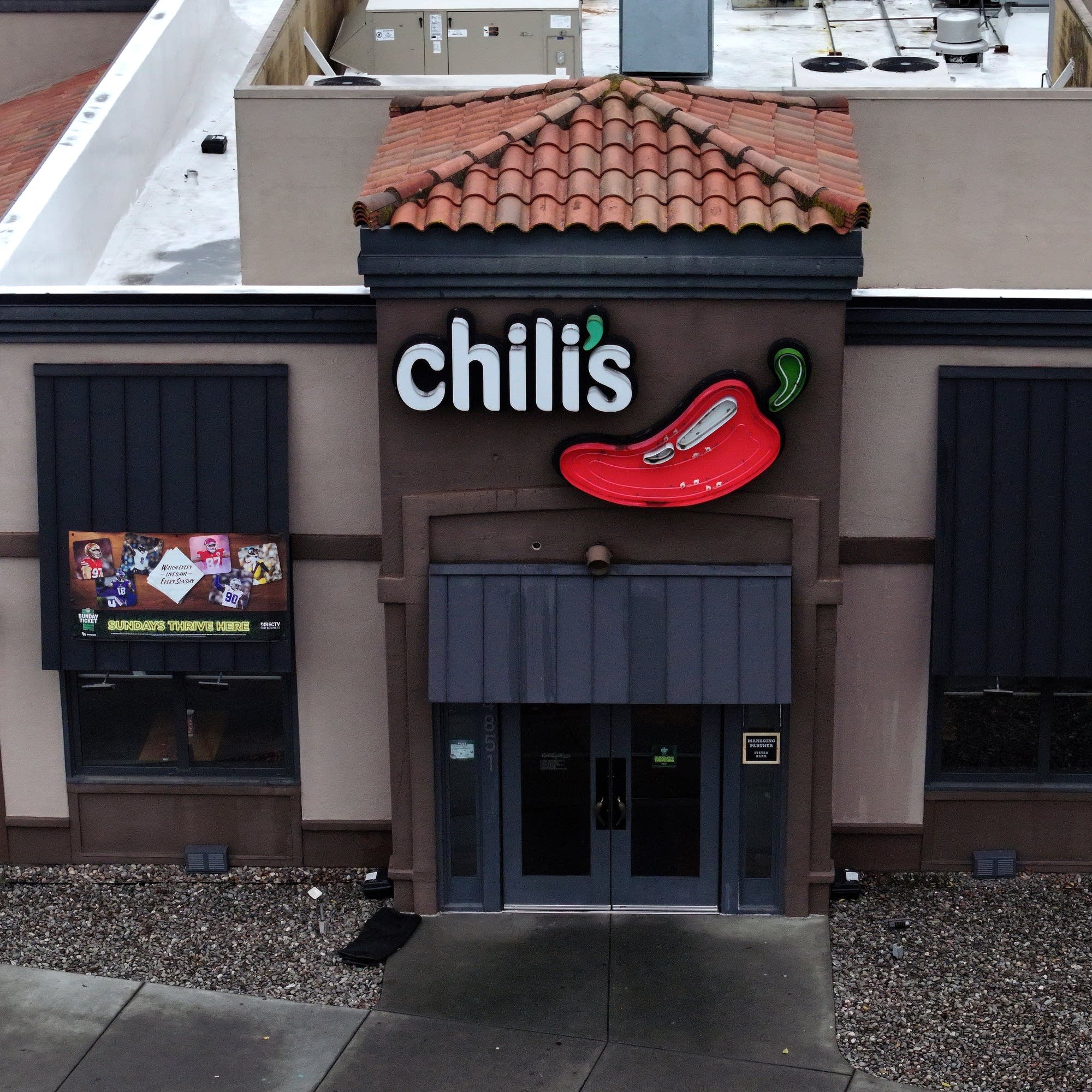
🤖 AI Summary
Overview
This episode explores Chili's remarkable resurgence in the casual dining industry, the Federal Reserve's latest signals on interest rates, the economic implications of AI data centers, and the nuanced dynamics of car pricing and the housing market.
Notable Quotes
- The Fed is certainly earning their salaries this year.
- Heather Long, on the complexity of the Fed's current challenges.
- Chili's saw inflation as its opening to reposition itself.
- Emily Hanford, on Chili's strategic pivot during economic uncertainty.
- Somebody has to pay for it... and that could be untenable.
- Ivan Penn, on the rising costs of electricity due to AI data centers.
🪙 Federal Reserve's Balancing Act
- Chair Powell's Speech: Powell hinted at a potential interest rate cut in September, signaling a shift in focus from inflation to labor market risks.
- Inflation vs. Labor Market: Powell downplayed the long-term inflationary impact of tariffs, framing them as a one-time bump,
while expressing concern over potential layoffs.
- Market Reactions: Stock markets rallied, but bond markets showed caution, with only an 80% expectation of a September rate cut.
🍴 Chili's Comeback Strategy
- Gen Z Targeting: Chili's leveraged viral marketing, such as the cheese pull
trend, to appeal to younger consumers.
- Menu Simplification: The chain halved its menu, cleaned up dining spaces, and focused on value-driven pricing, positioning itself as a competitor to fast food rather than other casual dining chains.
- Inflation Opportunity: Chili's used inflation as a chance to rebrand and attract cost-conscious diners, leading to record-breaking sales and plans for expansion.
⚡ AI Data Centers and Energy Costs
- Rising Energy Demand: Data centers, especially for AI, are consuming increasing amounts of electricity, projected to reach 12% of U.S. electricity use by 2028.
- Cost Distribution: Utilities and consumers may bear the brunt of infrastructure upgrades, raising concerns about fairness in cost-sharing.
- Tech Companies' Role: Companies like Microsoft and Amazon are investing in renewable and nuclear energy, sometimes selling excess power back to the grid.
🚗 Tariffs and Car Pricing
- Tariff Impact: Automakers are grappling with higher costs from tariffs on steel and aluminum but are hesitant to attribute price hikes directly to tariffs.
- Strategic Pricing: Many manufacturers are subtly embedding price increases into new models, often paired with added features like better tech or design updates.
- Consumer Pushback: Automakers are wary of alienating buyers, recognizing a limit to how much consumers will tolerate price hikes.
🏠 Housing Market Stagnation
- Slight Improvement: Home sales rose 2% in July, but affordability remains near historic lows.
- Pent-Up Supply: Older homeowners are beginning to list properties despite higher mortgage rates, slightly increasing inventory.
- Emotional Factors: Anxiety about the job market and economic uncertainty continues to deter potential buyers, keeping the market stuck.
AI-generated content may not be accurate or complete and should not be relied upon as a sole source of truth.
📋 Episode Description
Brinker International, which owns casual dining chain Chili’s, just beat 50-year sales and revenue records. In this fickle economic moment, how’d they do it? The answer involves viral fried mozzarella and the power of young consumers. Also in this episode: Jay Powell hints at rate cuts, AI data centers increase electricity costs for everyone, and automakers swear updated tech, not tariffs, drove up prices.
Every story has an economic angle. Want some in your inbox? Subscribe to our daily or weekly newsletter.
Marketplace is more than a radio show. Check out our original reporting and financial literacy content at marketplace.org — and consider making an investment in our future.
